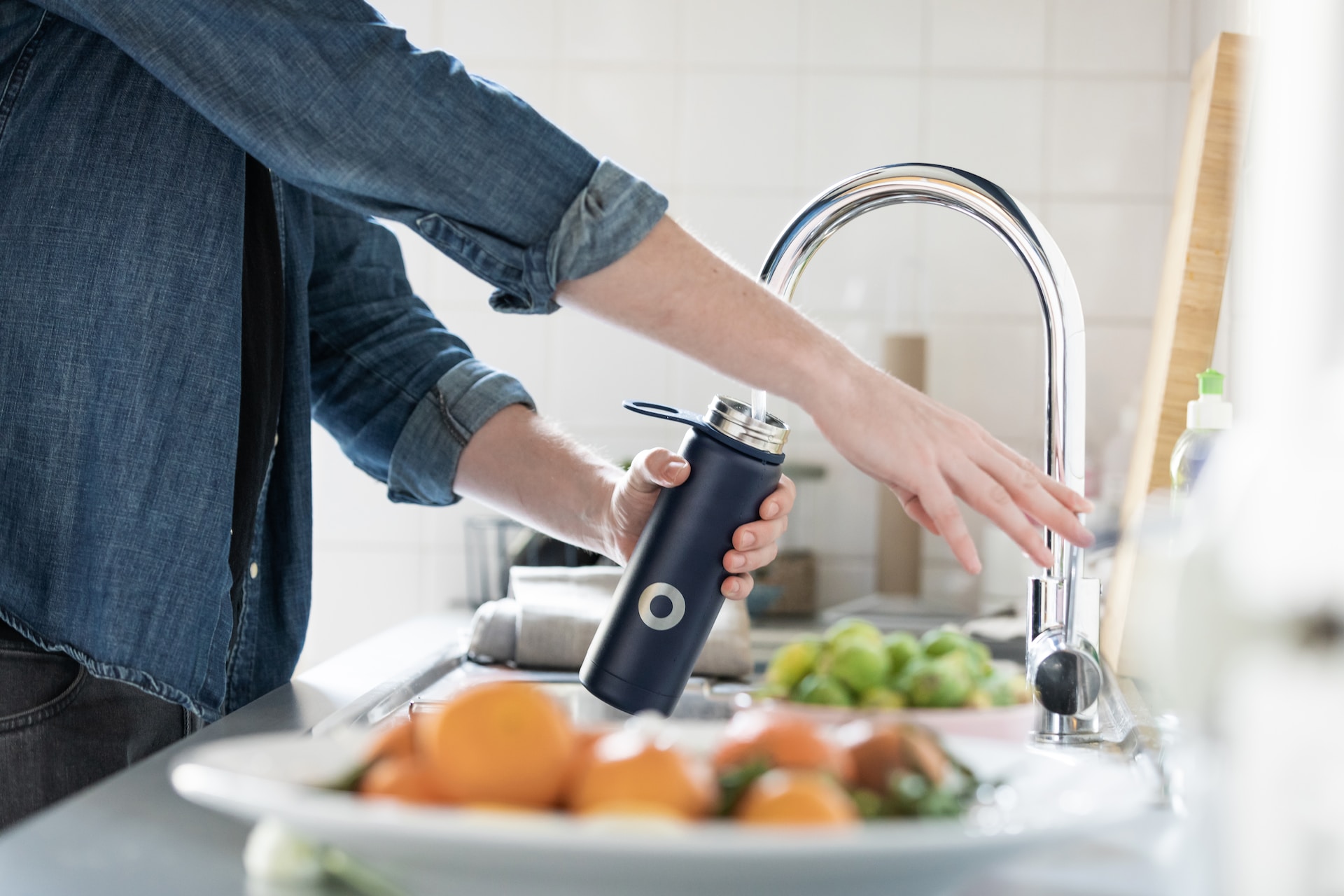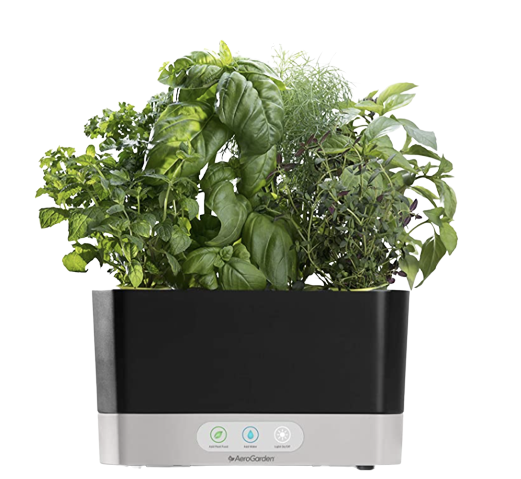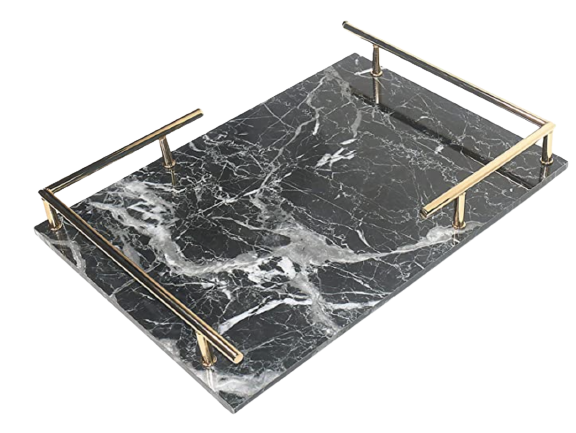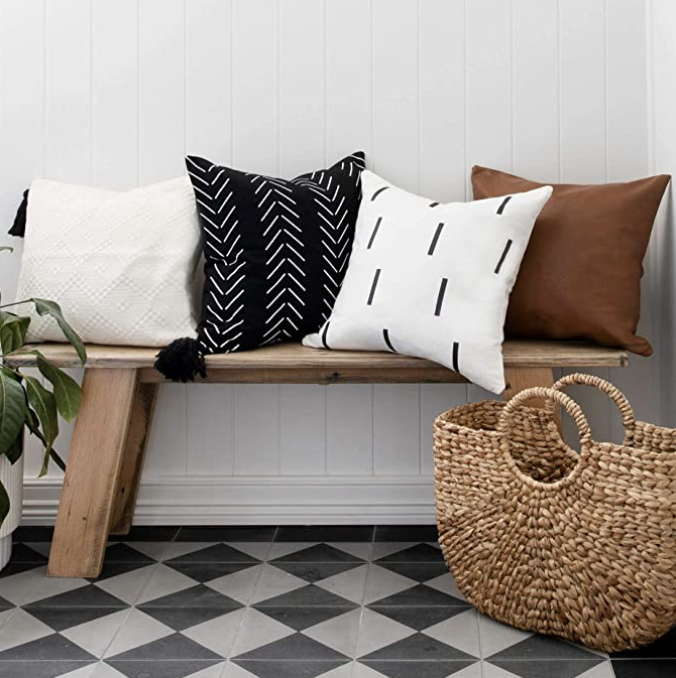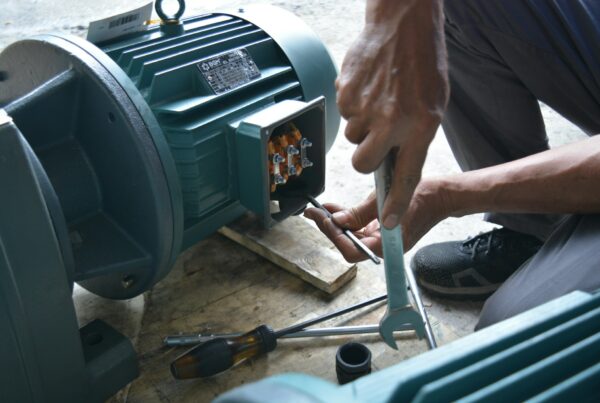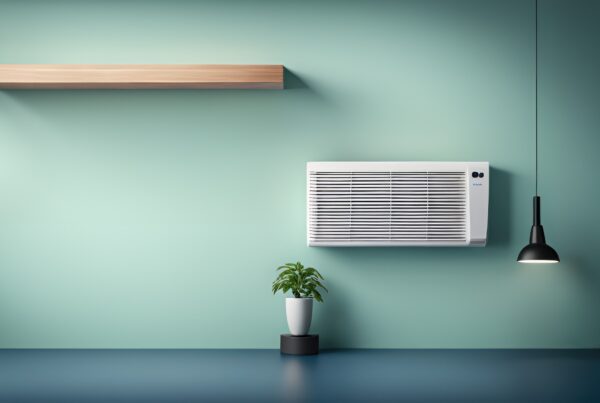Last Updated on November 2, 2023
Clean drinking water is essential, but some filtration methods can harm the environment. Eco-friendly options reduce waste while providing pure water.
This guide delves into green water filtration and purification methods. It covers DIY homemade filters plus sustainable store-bought systems. Embrace these eco-methods to enjoy water without guilt.
Why Choose Sustainable Water Filtration
Conventional filtration often involves plastic, which ends up harming our oceans and filling our landfills. Eco-friendly options prevent this waste.
Plastic Waste from Regular Filters
Many common water filters and bottles use plastic:
- Pitchers with disposable cartridges
- Single-use plastic water bottles
- Plastic filtration straws and cups
- Filters with plastic housing and parts
This plastic eventually ends up in landfills and waterways. Eco-friendly filters avoid contributing to plastic pollution.
How Home Filtration Helps the Planet
Transporting and bottling water has major environmental impacts. Home filtratio, provides clean water while avoiding these eco-pitfalls.
Lower Carbon Emissions
On average, bottled water in the U.S. travels over 1,000 miles to reach store shelves and reach consumers. This requires tons of fuel for transportation that generates large carbon emissions contributing to climate change.
Eco-friendly filters eliminate this transportation pollution by filtering tap or well water sourced locally. Home filtration also conserves the energy used in factory bottling and packaging processes.
Less Water Wasted During Manufacturing
It takes an average of 1.39 liters of water to produce just 1 liter of finished bottled water. Much of this water is wasted during bottle manufacturing and beverage production.
Home filtration skips the bottling factories altogether, avoiding unnecessary water loss and chemical pollution. Simple carbon filtration uses no water in the cleansing process either.
Reduce Plastic Bottle Waste
Only about one-third of plastic water bottles in the U.S. get recycled. The rest end up in landfills as waste.
Drinking filtered tap water eliminates single-use plastic bottle waste entirely. Pair your home system with reusable bottles for zero-waste hydration.
Healthier for Your Body
Bottled water sits for months in plastic accumulating chemicals like BPA and microplastics that may leach into the product.
Filtration systems use materials like carbon and minerals that don’t degrade or contaminate the water. This results in great-tasting water free of plastics.
Choosing home filtration over bottled water makes a real positive impact on the planet and your health. Small changes add up when everyone does their part to go green.
DIY Sustainable Water Filtration Systems
Create Your Own Eco-Friendly Water Filters at Home
Want to filter your water without creating a lot of waste? With a few simple, natural materials you can make DIY water filters right at home. These sustainable methods provide clean drinking water without tons of plastic.
Sand and Gravel Bucket Filter
Start with a 5-gallon bucket, some sand, gravel, and a reusable water bottle. Layer coarse gravel at the bottom, then finer gravel, then sand at the top. Slowly pour water through. The gravel filters out debris and sediment. The sand captures smaller remaining particles for clean drinking water.
Activated Charcoal Stick Filter
Take bamboo or other natural material tubes. Fill with activated charcoal sticks broken into chunks. As water trickles through, the porous charcoal grabs impurities but lets water pass through into your bottle.
Ceramic Candle Filter
Unglazed ceramic candles contain tiny pores that filter out bacteria and microbes. Water flows through the pores into the candle’s hollow center, leaving impurities behind. Place a candle in a container, pour water around the sides, and collect from the center.
Solar Water Disinfection
Fill clear plastic or glass bottles with water. Place in direct sunlight for at least 6 hours. The UV radiation from the sun kills pathogens, disinfecting the water. No electricity or supplies are needed.
The options are endless for DIY water filtration with simple natural ingredients you may already have around the house. Get creative with materials like cloth, sand, charcoal, and the sun. Homemade systems empower you to control sustainability. Before buying plastic-heavy filters, give the basics a try!
Top Sustainable Store-Bought Filtration Systems
You also have the option to choose eco-friendly manufactured systems:
Activated Charcoal Filter
Charcoal deep cleanses water naturally without chemicals. Renewable bamboo housing avoids plastic. Fits pitchers and bottles.
Alkaline Filter
Negative charged alkaline ceramic balls balance pH and add minerals. Bamboo housing, no plastic parts.
Gravity-Fed Ceramic Filter
Water flows through ceramic clay micro-pores using only gravity. Includes plant-based biodegradable components.
Copper + Iron Filter Bottle
Copper + iron infused into the bottle material kills microbes. No filter is needed. Made of safe silicone.
Under Sink System
Removes contaminants without plastic cartridges. Durable metal solid carbon block filter made to last years.
Available options make sustainable filtered water easy for homes. Research to pick earth-friendly brands.
Key Tips for an Eco-Friendly Filtration System
Being eco-friendly starts right at home. Make your water filtration system part of green living with these tips:
- Choose renewable materials like bamboo over plastic for parts. Bamboo is biodegradable and sustainable.
- Look for systems with long-lasting filters and parts that don’t require constant replacement. The fewer the disposables, the less waste you generate. Reusable parts are ideal.
- Opt for chemical-free purification using only natural materials like minerals. This avoids toxins and plastic filter cartridges ending up in landfills.
- Research if companies offer recycling programs to return used systems or parts. This keeps materials in circulation and reduces trash.
- Try your hand at homemade DIY filtration methods when possible. Doing it yourself gives you full control over the materials and waste produced.
- Use any pitchers or bottles you already own rather than buying new plastic ones when getting a filtration system. Repurpose what you have.
- Pair your at-home system with a reusable water bottle for on-the-go hydration. Bringing your own bottle minimizes single-use plastic consumption.
- Evaluate the overall product design and packaging. Consider whether the company prioritizes sustainability in its products.
With mindful selection and reuse, filtration can align with green living. Little changes add up to make your home more eco-friendly.
Answers to FAQs About Eco-Friendly Water Filtration
How effective are sustainable filters at removing contaminants?
High-quality options like charcoal effectively drop common pollutants. However, you should still test filtered water regularly if purity is a major concern.
Do eco-friendly systems filter as fast as regular filters?
Some green options like gravity filters are slower. But others like ceramic and charcoal filter at comparable speeds to plastic models.
Are sustainable filters and purification more expensive?
They often cost more upfront. But they save money over time since you aren’t replacing filter cartridges. The environmental benefits make the extra cost worth it for many consumers.
Can you recycle old water filter cartridges?
Unfortunately, most recyclers do not accept used disposable filter cartridges. All the more reason to choose reusable eco-friendly filtration instead.
Begin Your Sustainable Filtration Journey
Access to pure, untainted water is precious. We must find ways to generate clean water without harming the environment in the process.
Eco-conscious filtration methods allow us to cleanly hydrate our bodies while also keeping the planet healthy. The choices we make each day on seemingly simple matters like water ultimately define our collective legacy.


